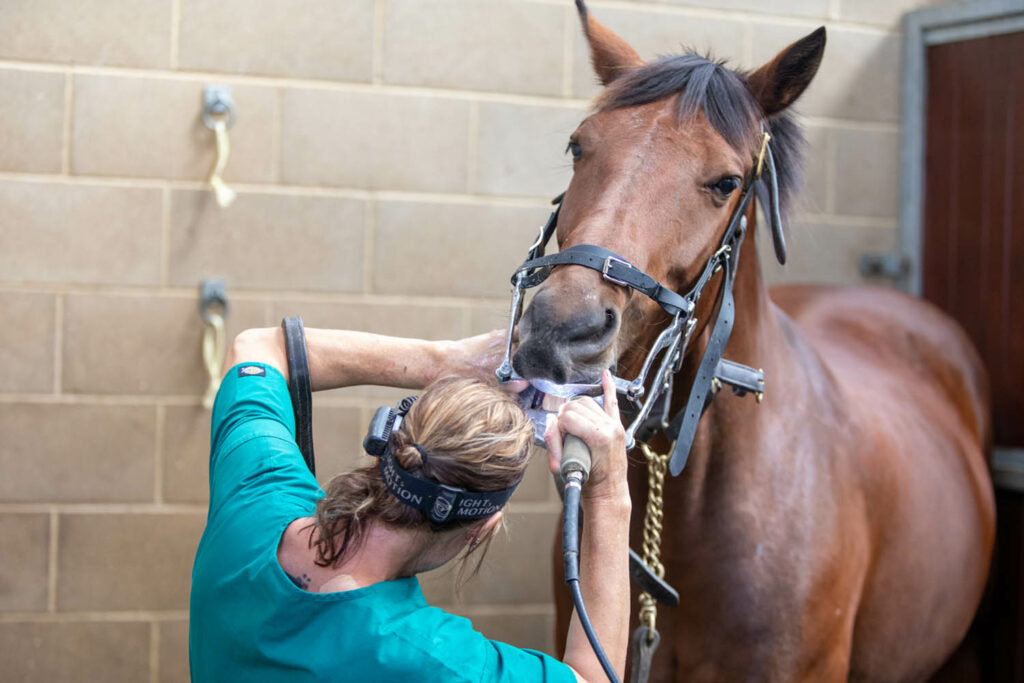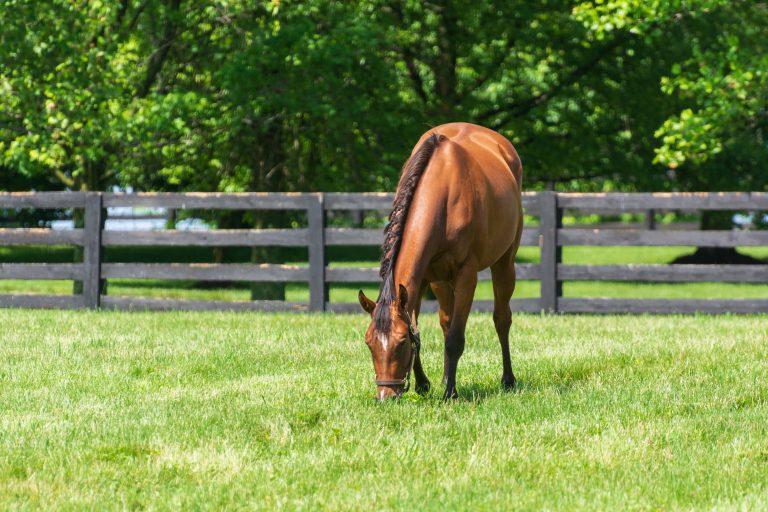Caring for older horses presents unique challenges, especially when it comes to feeding senior horses with bad teeth. These majestic creatures require special attention to ensure they receive the nutrition they need without causing discomfort. This article will delve into how to effectively manage their diet, ensuring they remain healthy and vibrant well into their golden years.

Understanding the Importance of Dental Health in Senior Horses
As horses age, their dental health can deteriorate, leading to difficulties in chewing and digesting food. This can result in weight loss and malnutrition. Therefore, understanding the implications of poor dental health is crucial for anyone involved in senior horse care.
Signs of Dental Problems in Senior Horses
It’s essential to recognize the signs of dental issues early. Look for symptoms such as dropping food, weight loss, and bad breath. Regular dental check-ups with a professional are imperative to catch problems before they become severe. For more on identifying dental issues, visit Horse Tooth Grinding Problems.
Adjusting Diets for Senior Horses with Dental Issues
Feeding senior horses with bad teeth requires careful consideration of their dietary needs. A diet that is easy to chew and digest is vital.
Soft and Palatable Food Options
Switching to softer feeds can make a significant difference. Options such as soaked hay cubes, beet pulp, and senior horse feeds are easier for horses with dental issues to consume. Consider incorporating Senior Horse Diet Guide for more dietary advice.
Supplements and Additives
Adding supplements can help ensure that your horse gets all the necessary nutrients. For those interested in exploring supplements further, check out Supplements for Aging Horses.
Creating a Feeding Schedule
A consistent feeding schedule is crucial for older horses, particularly those with dental issues. Small, frequent meals can help maintain energy levels and aid digestion.
Monitoring Intake and Weight
Regularly monitor your horse’s intake and weight to ensure they are maintaining a healthy body condition. Adjust their diet as necessary based on these observations.
Environmental Considerations
The environment in which your horse eats is as important as what they eat. Ensure that feeding areas are comfortable and free from stressors that could affect appetite.
Feeding in Groups
If feeding in a group setting, make sure your senior horse has enough space and time to consume its meals without competition from younger, more aggressive horses.
Consultation with a Veterinarian
Regular consultations with a veterinarian can provide valuable insights into the specific needs of your senior horse, helping tailor a diet plan that addresses both dental issues and overall health.
Customizing Care Plans
Each horse is unique, and so are their needs. Work with your veterinarian to develop a care plan that is specifically tailored to your horse’s condition. For more information on caring for older horses, visit Caring for Your Senior Horse.
Conclusion
In conclusion, feeding senior horses with bad teeth requires a thoughtful and informed approach. By understanding the unique needs of these horses and implementing appropriate dietary adjustments, you can help ensure they enjoy a healthy and comfortable life. Remember, regular veterinary care and a well-planned diet are key to supporting your senior horse’s health.

FAQ
What are the best foods for senior horses with dental issues?
Soft, easily digestible foods like soaked hay cubes and beet pulp are ideal for senior horses with dental issues.
How often should senior horses with bad teeth be fed?
It’s best to feed small, frequent meals to help maintain energy levels and aid digestion.
Can supplements help senior horses with bad teeth?
Yes, supplements can provide essential nutrients that might be lacking in their diet due to dental issues.
This article contains affiliate links. We may earn a commission at no extra cost to you.
